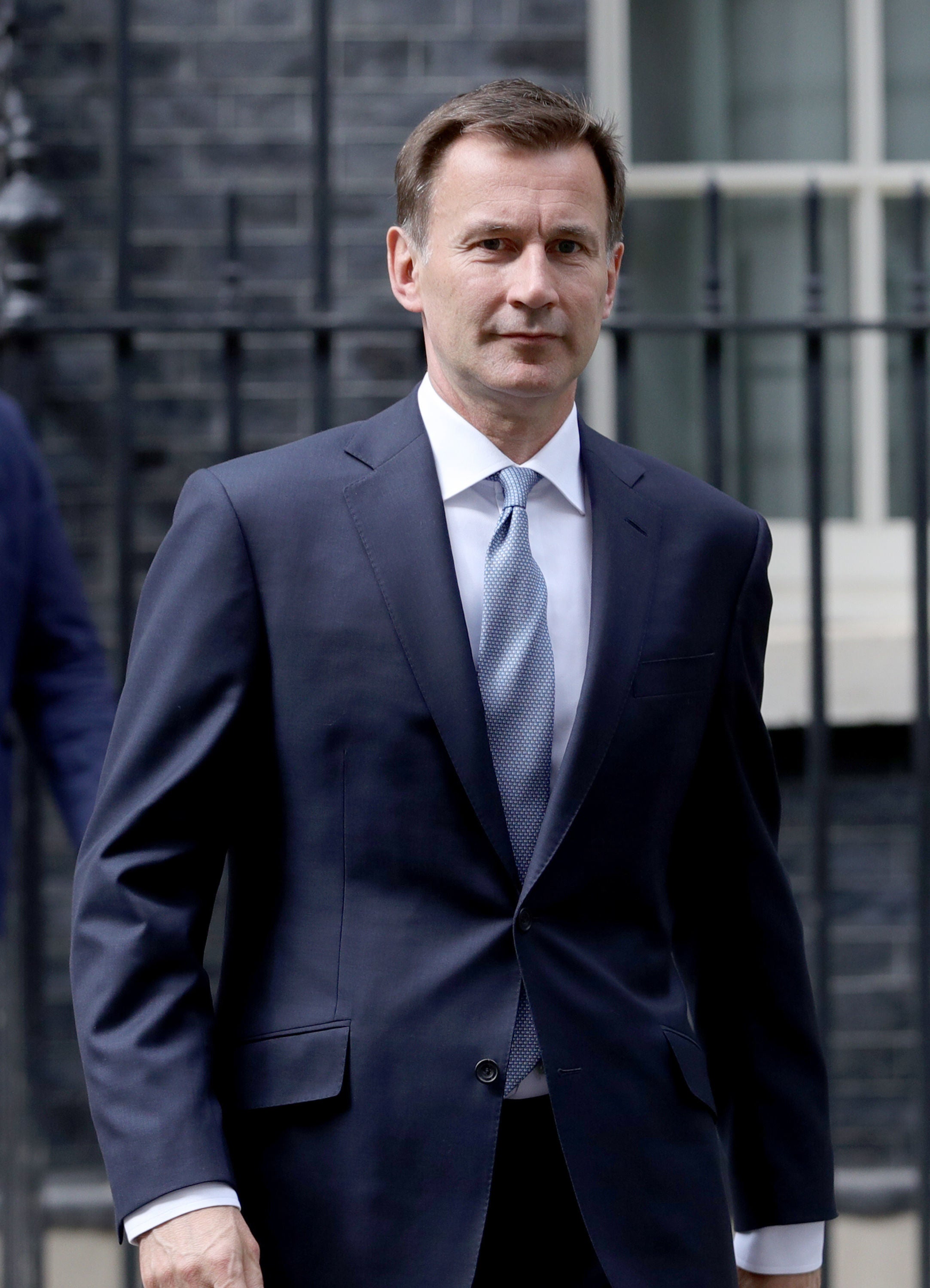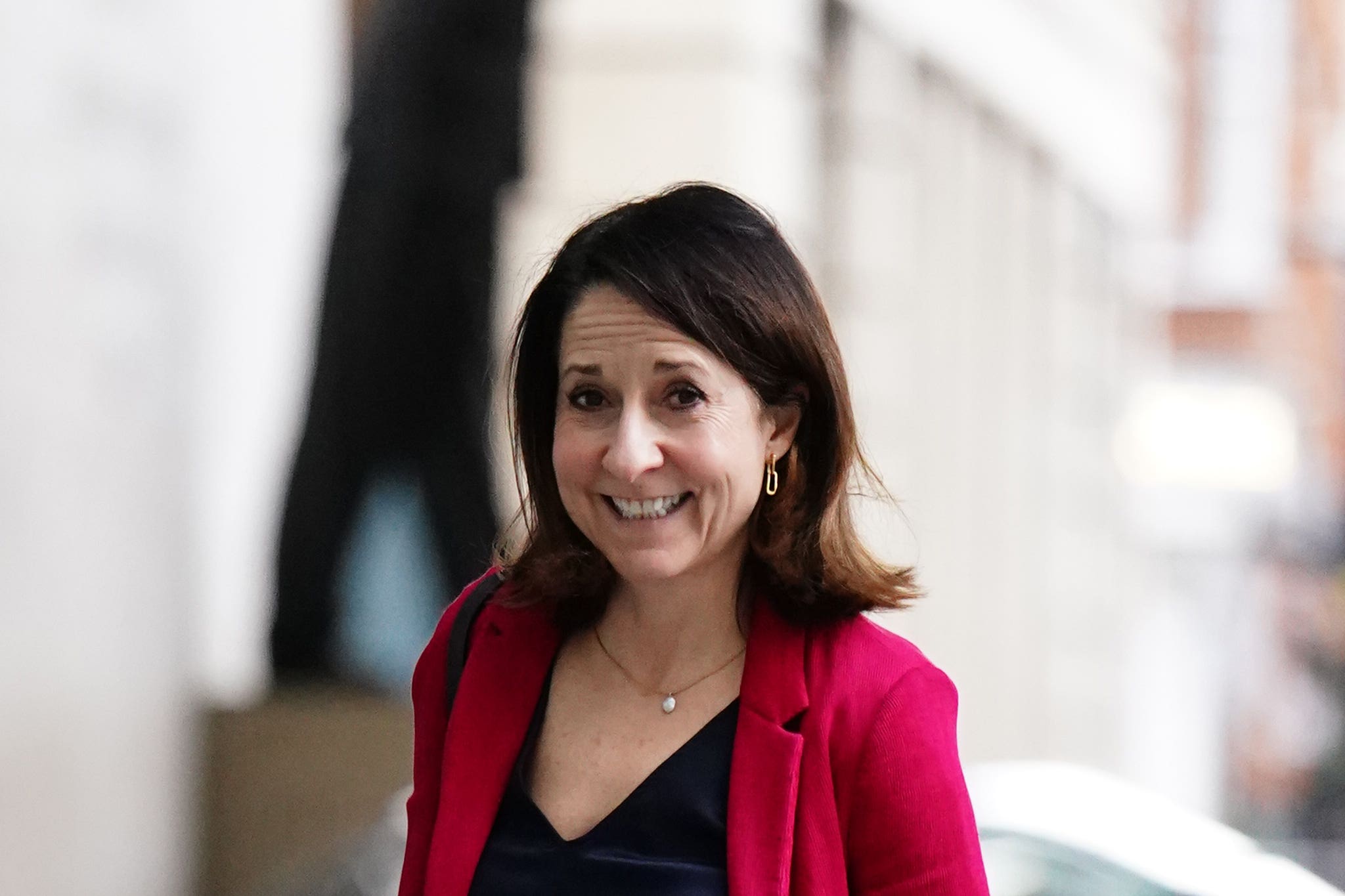Wage growth cools and job vacancies fall, new ONS figures show
UK average regular earnings, excluding bonuses, increased at the lowest rate since the three months to January last year
Wage growth has slowed sharply in the UK and the job market is beginning to cool, according to figures published by the Office for National Statistics this morning.
The ONS reported that UK average regular earnings, excluding bonuses, increased by 6.6 per cent in the three months to November, down from a revised 7.2 per cent in the previous three months, the lowest rate since the three months to January last year.

After taking Consumer Prices Index inflation into account, pay lifted 1.4 per cent
The rate of UK unemployment remained unchanged at 4.2% in the three months to November, and the number of job vacancies fell by 49,000 over the three months to December to 934,000, marking the 18th period in a row that openings have fallen.
Liz McKeown, the ONS’s director of economic statistics, said the overally economic picture was “broadly stable”:
Job vacancies fell again, with the retail area seeing the biggest fall. However, the overall number of vacancies still remains above its pre-pandemic level.
“November saw the lowest number of days lost to strikes for 18 months, driven by a big drop in the health sector.
“While annual pay growth remains high in cash terms, we continue to see signs that wage pressures might be easing overall.
“However, with inflation still falling more quickly, earnings continued to grow in real terms.”

Chancellor of the Exchequer Jeremy Hunt said:
“It has been tough for many families recently, but with inflation now falling and the economy gradually returning to growth today’s continuing rise in real wages will offer further relief.
On top of this the cut in National Insurance contributions will get more people back into the jobs market, not just supporting economic growth but saving a typical two earner household around £1,000 this year.”
The Work and Pensions Secretary, Mel Stride, also praised Government progress on inflation and unemployement.
He told Times Radio: “What we have seen is inflation really coming down, meeting the Prime Minister’s target ahead of schedule, halving it from its previous peak – that means more money in people’s pockets.
“We’ve seen near record levels of payroll employment, near record low levels of unemployment, on economic inactivity it’s actually down by 300,000 since its peak in the pandemic, so our plan on the economy is absolutely working.”

However, Liz Kendall MP, Labour’s Shadow Work and Pensions Secretary, said the figures showed the “same old story of economic failure by this incompetent Tory Government.”
She said: “We remain the only country in the G7 with an employment rate still below pre-pandemic levels and there are 2.6 million people locked out of work due to long term sickness – an all time high that costs them and the taxpayer.
“It’s time for change. Labour has a plan to grow the economy, bring the benefits bill down and get Britain working. We will tackle the root causes of economic inactivity by driving down NHS waiting lists, reforming social security, making work pay and supporting people into good jobs across every part of the country.”
Bookmark popover
Removed from bookmarks